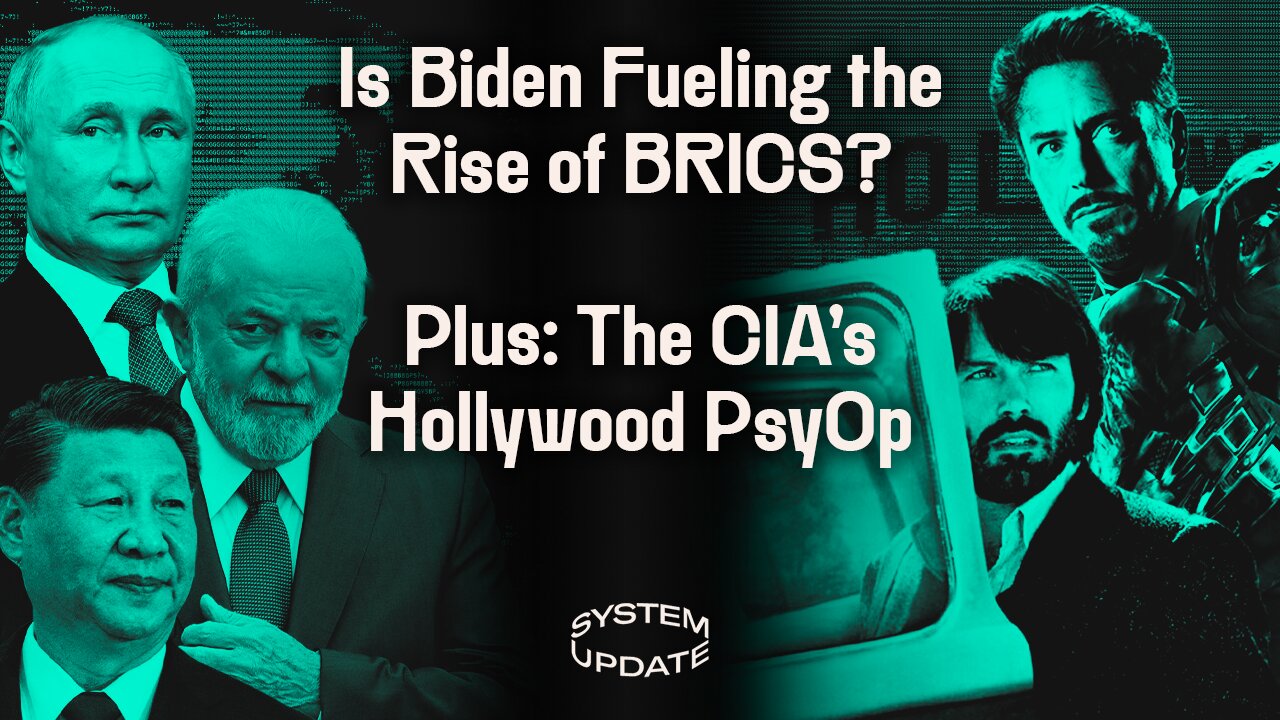AI summary
The BRICS Revolt: How Ukraine War Eroded U.S. Authority
Growing resentment towards the United States, fueled by perceptions of its global dominance and militaristic interventions, has led to the rise of BRICS – an alliance of Brazil, Russia, India, China, and South Africa – as a credible alternative. The BRICS nations have established their own financial and political forums, offering an alternative model to the established Western powers. They’ve created the New Development Bank and the Contingent Reserve Arrangement, drawing interest from numerous developing economies disillusioned with the IMF’s policies. The Russian-Ukrainian conflict has further distanced BRICS from the West, as its members refuse to partake in sanctions against Russia. This shift is significant due to the democratic nature of many BRICS members, their growing economic power, and their ability to foster diplomatic solutions, as demonstrated by China’s mediation between Iran and Saudi Arabia in contrast to the US focus on Ukraine. Over 40 nations are considering joining BRICS to counter perceived US hegemony. The war in Ukraine has sparked a significant shift in global power dynamics, with Russia, China, and other countries exploiting the United States’ aggressive involvement to foster resentment and promote an alternative alliance known as BRICS. This is evidenced by the growing interest of nations like UAE, Cuba, Democratic Republic of Congo, Gabon, and Kazakhstan to join BRICS. Even hawkish figures like Fiona Hill have acknowledged that US actions post-9/11, such as military interventions and drone strikes, have fueled anti-American sentiment, contributing to the decline of US moral authority and encouraging countries to align with alternative poles of power like BRICS.
PROPAGANDA: How the CIA Covertly Took Hollywood, w/ Roger Stahl
Examining the film "Theaters of War," it uncovers how filmmakers collaborate with the military/CIA for authenticity, offering access and script approval in exchange. This alliance enhances profits and production values while promoting pro-military narratives. A symbiotic relationship driven by profit motives intertwines entertainment and propaganda. Hollywood’s alignment with the military on global issues, contrary to its leftist image, has led to Pentagon and CIA influence in mass-market films like superhero movies since 2007. This integration of fantasy and reality shapes public perception by employing unexpected propaganda strategies. The film underscores Hollywood’s role in subtly shaping agendas and emotions.



What a shill post